They close a gap in sustainable teaching
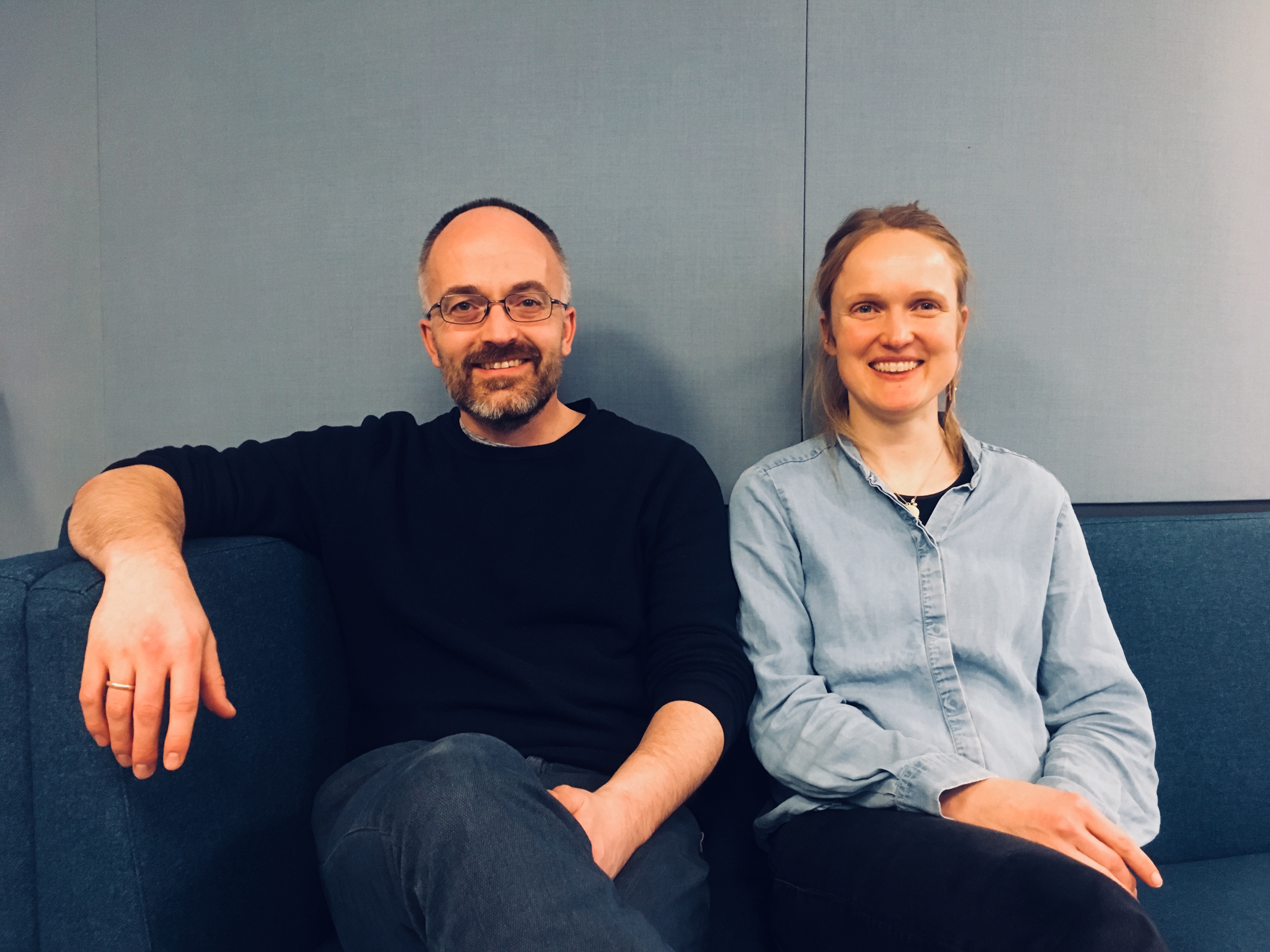
Esben Rahbek Gjerdum Pedersen and Kirsti Reitan Andersen are together with the Norwegian School of Economics and the ESADE Business & Law School working on new teaching material about sustainable business models. (Photo: Anne M. Lykkegaard)
Teaching material on sustainable business models is a scarcity. But CBS wants to change that together with the Norwegian School of Economics and the Spanish ESADE Business & Law School, as they are planning to launch an open source and online educational material about sustainable business models in 2019.
In the summer of 2019, a hole in the teaching material will be filled out.
By that time, the Norwegian School of Economics (NHH), CBS, and the ESADE Business & Law School in Spain will launch a set of online and open source educational material on sustainable business models.
“On Coursera, the biggest online platform for teaching material, there’s a sparse amount of material that is of good quality about sustainable business models. Even on TED Talks you can’t find that much. So, the Norwegian School of Economics definitely saw a need, and we wanted to be part of the project,” says Kirsti Reitan Andersen, postdoc researcher at the Department of Management, Society, and Communication at CBS and is part of the teaching material project.
The material will consist of six modules, of which CBS will be in charge of making one of them. The idea is that students can either do one of the modules or do all of them as a course. In that way, it’s easier for teachers and students alike to make it fit for whatever course they are running or taking.
“Our hope is that the students will get a better understanding of sustainable business models, discuss and reflect on the cases given in the material, and be aware of the impact they make through the supply chain. It’s not just about selling products or services, but about the long-term impact,” says Esben Rahbek Gjerdum Pedersen, Professor at the Department of Management, Society, and Communication and part of the project.
Videos make teaching easier
The idea stems from the Norwegian School of Economics. And according to Esben Rahbek Gjerdum Pedersen, the school asked if CBS wanted to be part of the project, which had its beginning in the early spring of 2017.
“We have worked with sustainable business models for a long time, and the Norwegian School of Economics knows that, as we have worked together a lot. So, when they invited us to be a part of the project, we said yes right away,” says Esben Rahbek Gjerdum Pedersen.
Kirsti Reitan Andersen and Esben Rahbek Gjerdum Pedersen explain that, for their module, they have chosen to work a lot with video media to exemplify theories and cases from the business sector in a more compelling way.
“It’s easier for the students to get a grasp of the concepts and theories of sustainability if they have cases to work from. And it’s just easier to understand the cases through videos,” says Esben Rahbek Gjerdum Pedersen.
Kirsti Reitan Andersen and Esben Rahbek Gjerdum Pedersen also want to push our concept of teaching and try something new.
“We want to make the videos more like small documentaries. Not just the usual video recordings of lectures. We need to rethink how we learn, and give the students a feeling of being invited into the case companies in the small documentaries and get a better understanding of the theories,” says Kirsti Reitan Andersen.



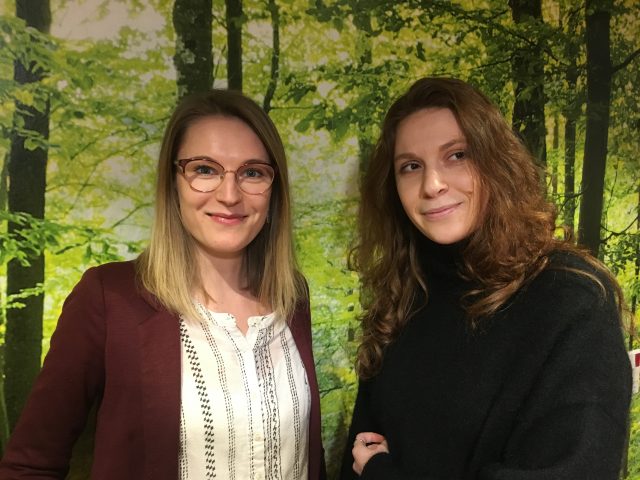
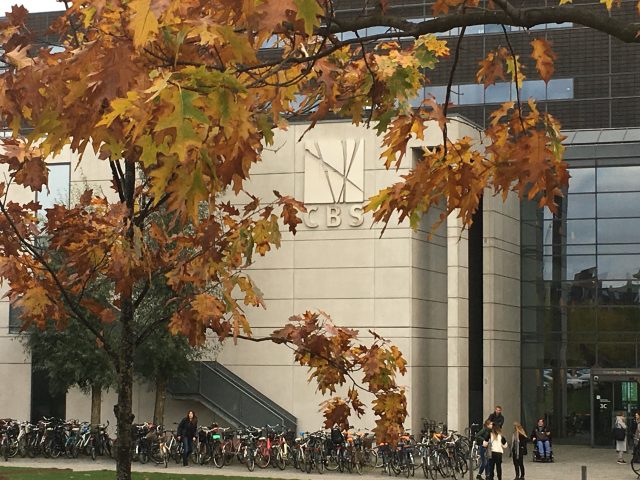
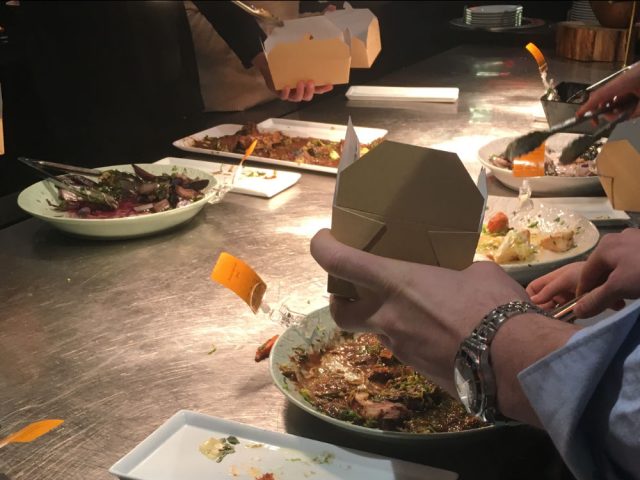
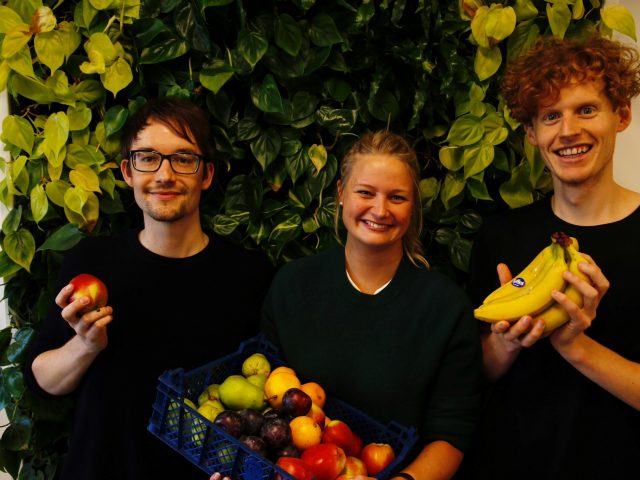
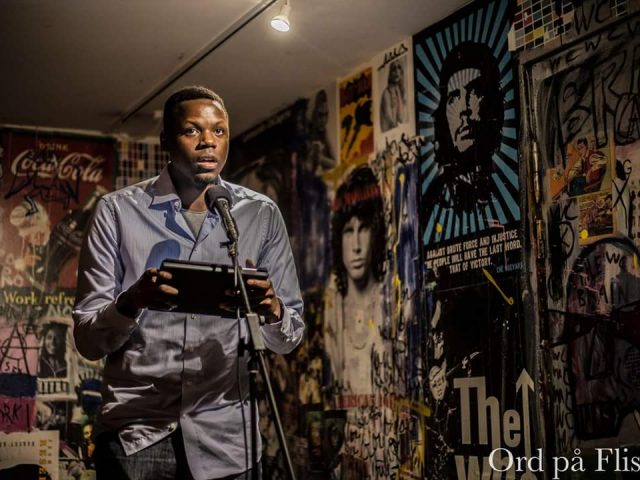




























































































































Comments